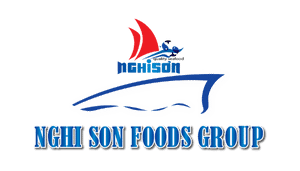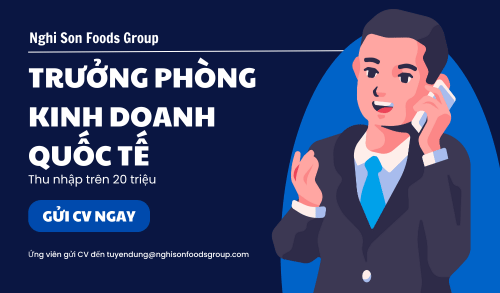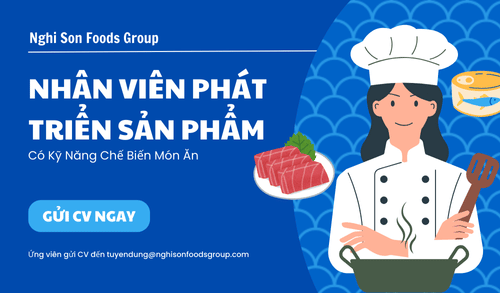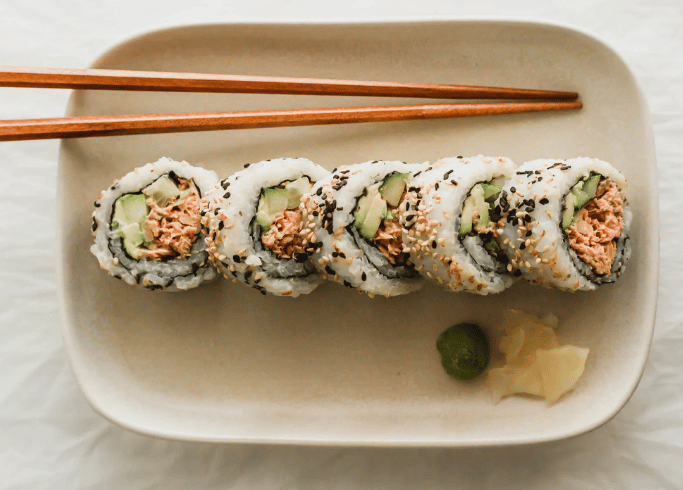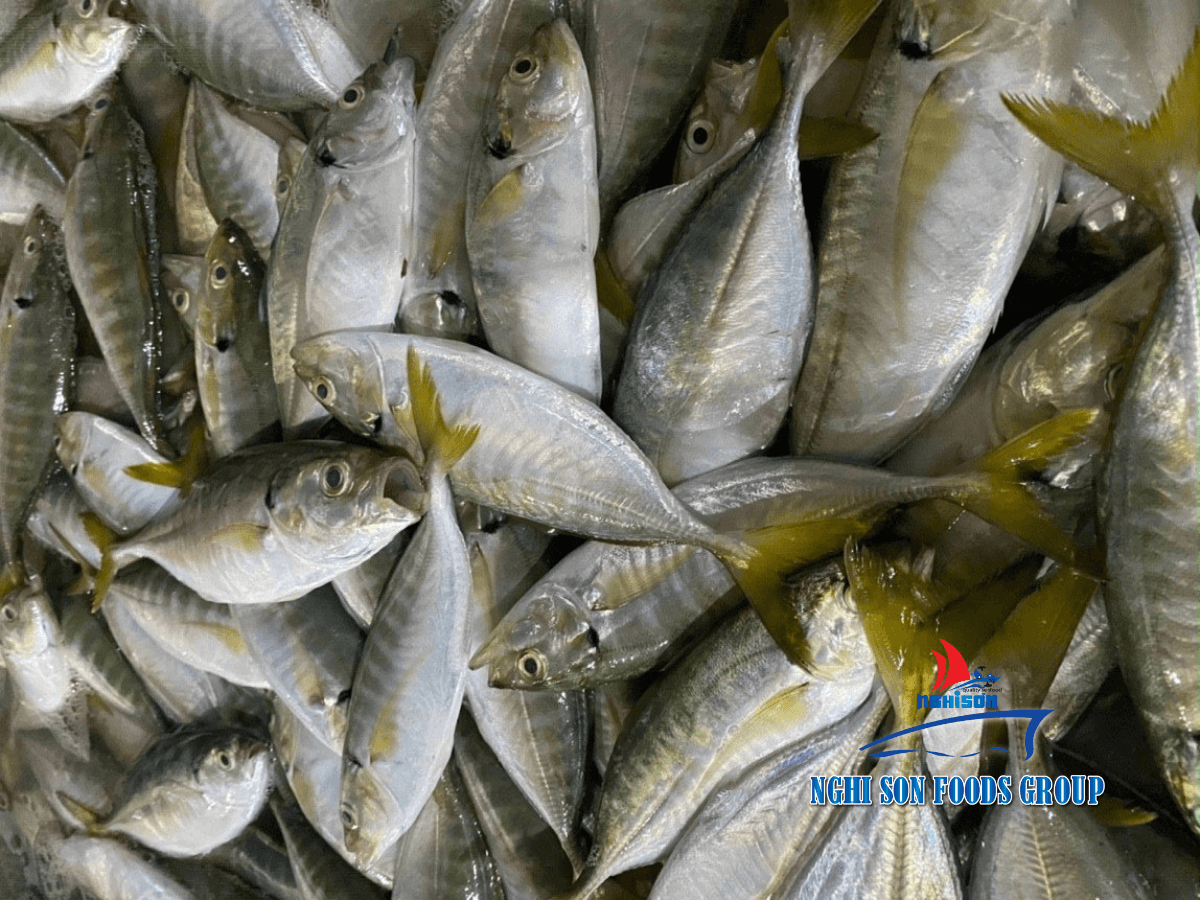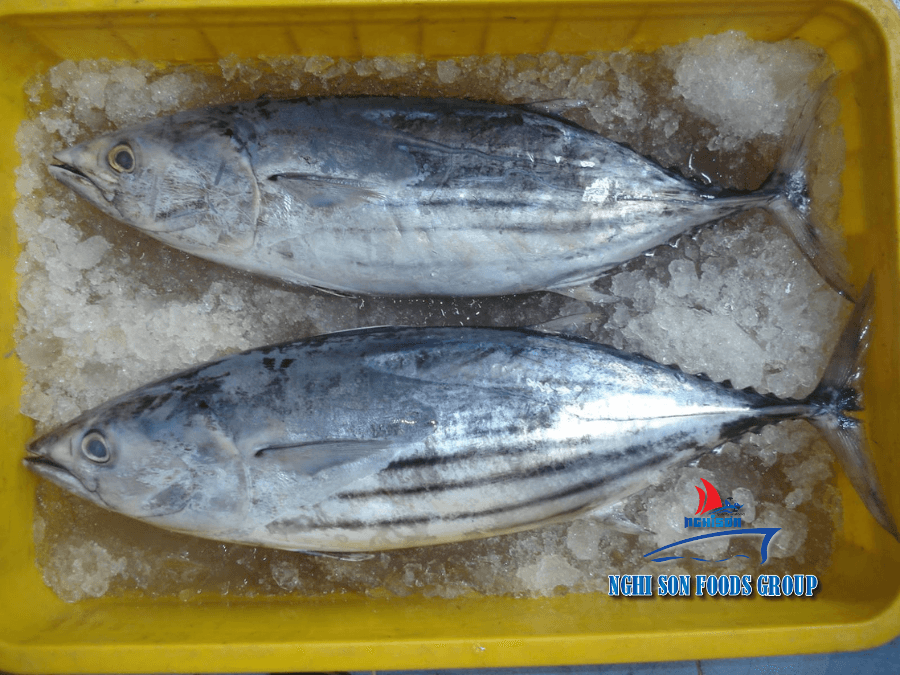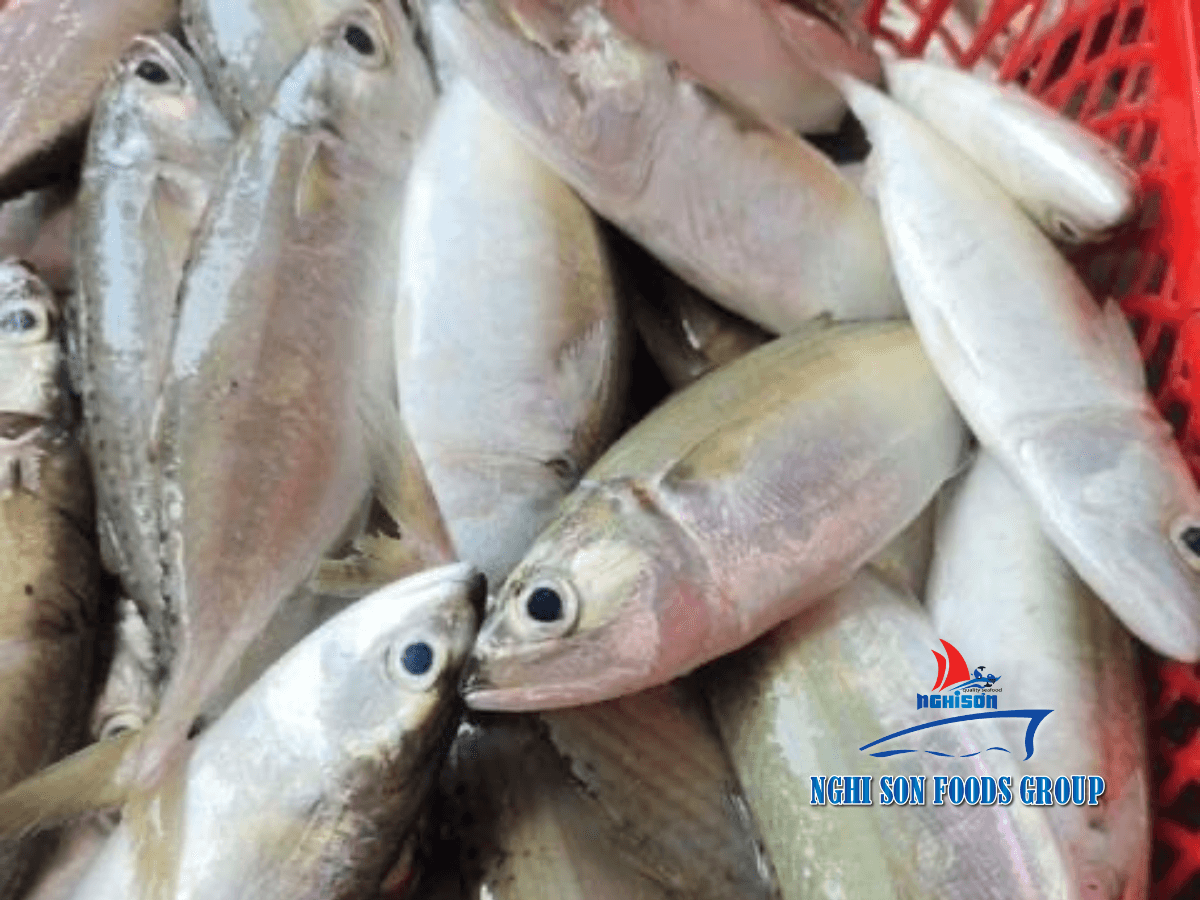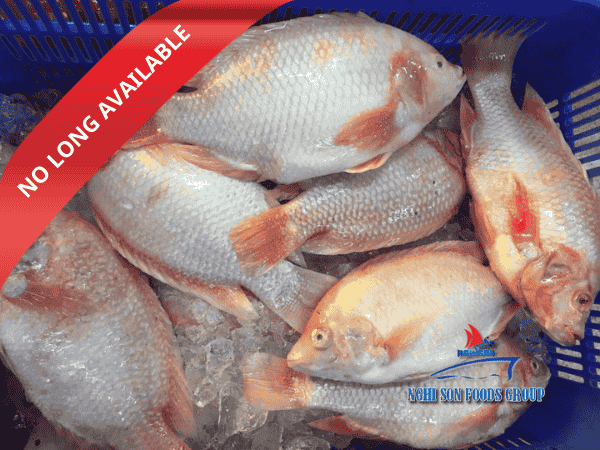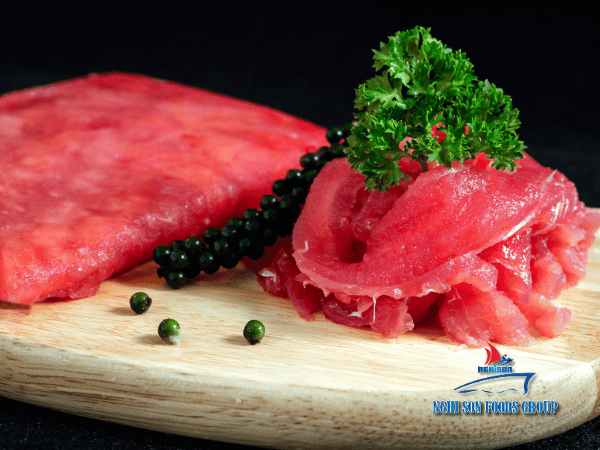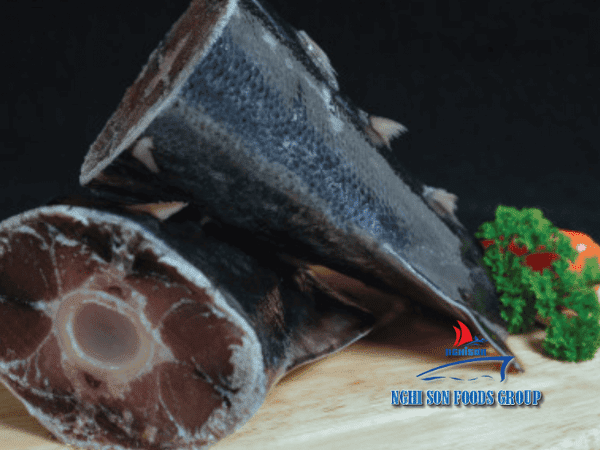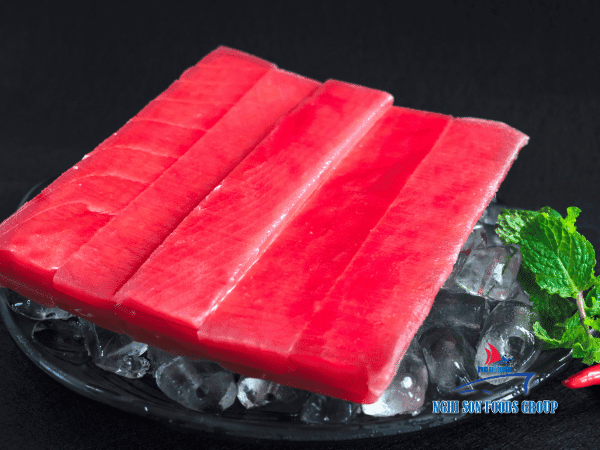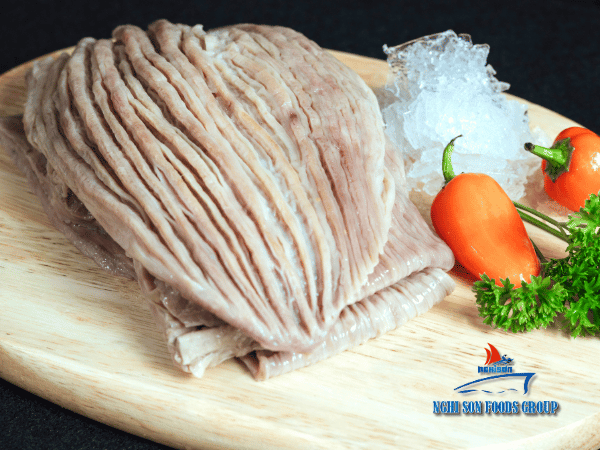In a world where environmental sustainability is of paramount importance, ensuring that the seafood we consume is sourced responsibly has become a critical concern. Friend of the Sea (FOS) is a globally recognized certification program that has taken up the mantle of safeguarding our oceans and marine life. In this article, we’ll explore the significance of Friend of the Sea, its core principles, and the positive impact it has on the seafood industry and our planet.
Table of Contents
ToggleUnderstanding Friend of the Sea (FOS)
Friend of the Sea is a non-profit organization established with a singular mission: to promote sustainable fisheries and aquaculture practices worldwide. It achieves this mission by offering certification and labeling to seafood products that meet stringent sustainability criteria.
The Significance of this certificate
Friend of the Sea certification holds immense significance in today’s world for several reasons:
- Conserving Marine Ecosystems: Friend of the Sea promotes practices that reduce the impact of fishing and aquaculture on marine ecosystems, helping preserve biodiversity and prevent overfishing.
- Consumer Confidence: The certification provides consumers with a reliable way to identify and support sustainable seafood options, empowering them to make environmentally responsible choices.
- Global Recognition: Friend of the Sea is recognized globally, making it easier for businesses to access international markets by meeting sustainability requirements.
- Meeting Regulatory Demands: In many countries, compliance with Friend of the Sea standards is seen as a step towards meeting legal requirements related to sustainability.
The Pillars
Friend of the Sea certification is based on a set of rigorous criteria that encompass various aspects of sustainable seafood production. These criteria are rooted in the following 4 core principles:
- Sustainable Fisheries and Aquaculture Practices: Friend of the Sea evaluates fisheries and aquaculture operations to ensure they meet sustainability standards. This includes assessing factors such as stock levels, fishing methods, and the impact of aquaculture on local ecosystems.
- Species Conservation: FOS places a strong emphasis on the protection of endangered and overexploited species. Certified products must not contribute to the decline of such species, and bycatch must be minimized.
- Ecosystem Impact Mitigation: Sustainable seafood production should have minimal negative impact on the marine ecosystem. Friend of the Sea evaluates practices to ensure they do not harm sensitive habitats or disrupt local ecosystems.
- Social Responsibility: FOS also considers the social dimension of sustainable seafood production. Certified operations are expected to adhere to fair labor practices and promote the welfare of workers in the seafood industry.
The Benefits of Friend of the Sea Certification
Friend of the Sea certification offers a multitude of benefits to various stakeholders, including consumers, seafood producers, and the environment:
- Consumer Confidence: Consumers who choose Friend of the Sea-certified products can do so with confidence, knowing that they are making an environmentally responsible choice that supports sustainable fisheries and aquaculture.
- Market Access and Differentiation: For seafood producers, FOS certification opens doors to international markets and helps products stand out in an increasingly competitive industry. Many retailers and restaurants actively seek out certified suppliers.
- Environmental Conservation: By adhering to FOS sustainability criteria, seafood producers actively contribute to the preservation of marine ecosystems and the protection of vulnerable species.
- Long-Term Viability: Sustainable seafood practices promote the long-term viability of the industry by ensuring that fisheries and aquaculture operations can continue to thrive without depleting resources.
Implementing Ocean-Friendly Practices
Friend of the Sea has made a significant impact on the seafood industry, with thousands of products from numerous countries receiving certification. From fisheries harvesting diverse species to aquaculture operations cultivating seafood products, FOS certification is a testament to a commitment to sustainable practices.
Final Thoughts on Ocean Conservation Certification
Friend of the Sea is a leading force in promoting sustainable fisheries and aquaculture practices. Its certification program empowers consumers to make informed choices, encourages responsible seafood production, and safeguards the health of our oceans and marine life. As we continue to prioritize environmental sustainability, Friend of the Sea stands as a beacon of hope, guiding the seafood industry toward a more sustainable and responsible future.
